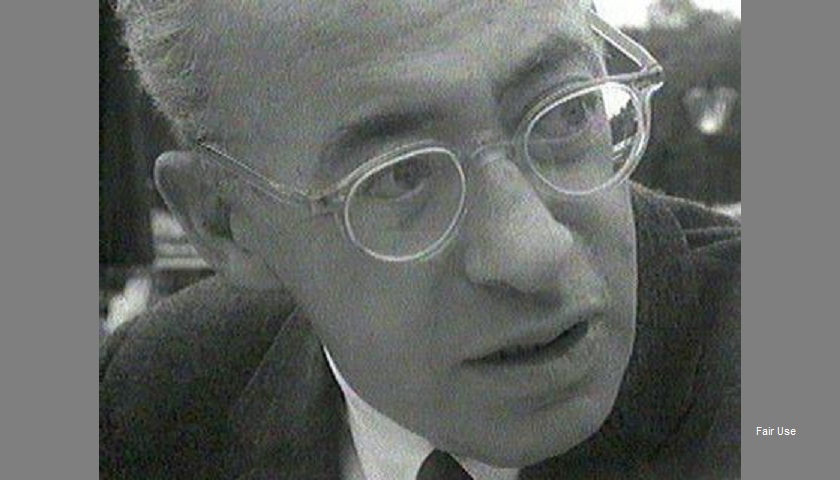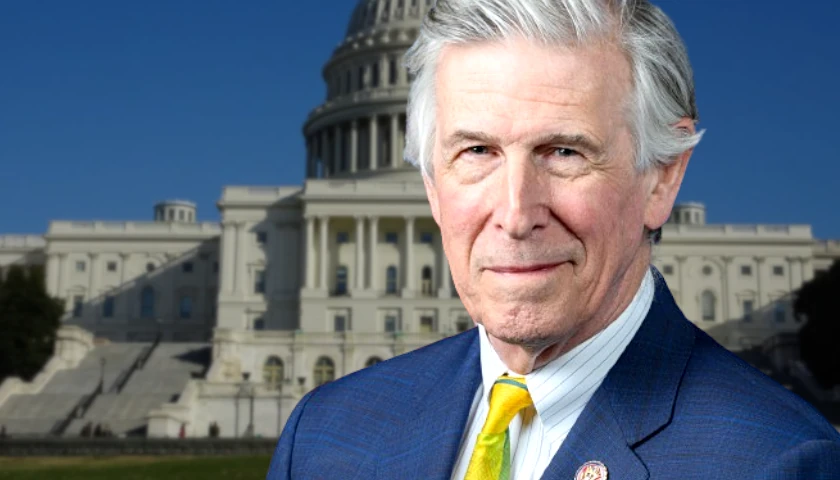The old proverb rings true: “If you have enemies – good, that means you stood up for something.” I have had that phrase repeated to me more times than I can count in my life. I also get reminded by Dietrich Bonhoeffer that Jesus Christ lived in the midst of his enemies. “At the end all his disciples deserted him. On the Cross he was utterly alone, surrounded by evildoers and mockers. For this cause he had come, to bring peace to the enemies of God. So the Christian, too, belongs not in the seclusion of a cloistered life but in the thick of foes. There is his commission, his work.”
Martin Luther added “The kingdom is to be in the midst of your enemies.” So I have grown comfortable working among people who may not really like me. I will not forgo my principles just to win popular approval. I will fight for children and those who teach them. When your life’s work is public education, you learn that everyone is on a personal journey. Rarely do people reach consensus at the same time on every issue. You also learn that there will be much unreasonable disagreement along that journey with otherwise reasonable people. Elbert Hubbard believed: “Never explain [yourself]―your friends do not need it and your enemies will not believe you anyway.”
I have often believed there is too much politics in public education, and that has hurt public education. Honestly I would resent having to support a political candidate because of a political label or designation, or an endorsement by an organization in which I was a member. So I don’t do it. In fact, our organization will not even identify political parties when we discuss politicians. No political party has a market on truth. “The memory of truth,” says Shannon Alder, “no longer remains pure in the mind of a liar.” Our policy from inception at Professional Educators of Tennessee: we do not endorse political candidates nor do we fund them. We strive to work with all policymakers. However, there are some groups who train their staff or leaders based on the work Saul Alinsky.
If you do not know Saul Alinsky, he was a self-avowed Marxist and guru to “community organizers.” His books Rules for Radicals and Reveille for Radicals are a course of action and testament of his beliefs on organizing strategies and tactics. Alinsky dedicated Rules for Radicals to Lucifer: “Lest we forget at least an over-the-shoulder acknowledgment to the very first radical: from all our legends, mythology, and history (and who is to know where mythology leaves off and history begins — or which is which), the first radical known to man who rebelled against the establishment and did it so effectively that he at least won his own kingdom — Lucifer.”
Alinsky’s ideas and strategy has been adopted by many unions, including teacher organizations and other community groups. Alinsky suggested effective Marxist revolutions depend on organizational prowess. In a nutshell, you create conflict and you remain engaged in it then move the battle lines into other skirmishes. You always look for conflict, whether it is real or made-up. This is not revealed to members of the organization because they may not support it. By changing directions, it keeps them from really solving the problems. They also like to get the other side to insult or even attack them. And in their perfect world of guerilla tactics they seek to divide their enemies, conduct action on multiple levels, and (here is the key for them) personalize the conflict. Alfred Lord Tennyson might have cautioned them: “No man ever got very high by pulling other people down.” The worst thing you can do as far as they are concerned is to ignore them.
In 1972 as Alinsky was questioned by Playboy, the interviewer asked him: “Do you believe in any kind of afterlife?” Alinsky said if there was an afterlife he would “unreservedly choose to go to hell.” And while further explaining his answer: “Hell would be heaven for me. All my life I’ve been with the have-nots. Over here, if you’re a have-not, you’re short of dough. If you’re a have-not in hell, you’re short of virtue. Once I get into hell, I’ll start organizing the have-nots over there.” Just a few short months after the article in Playboy appeared, June 12, 1972, Alinsky died of a massive heart attack in 1972, on a street corner in Carmel, California. I have little doubt he got his wish. Unfortunately, his acerbic ideas and strategy live on.
Contrast the Alinsky philosophy to Dr. Martin Luther King Jr. who, in one of his sermons entitled “Loving Your Enemies” stated: “Now there is a final reason I think that Jesus says, ‘Love your enemies.’ It is this: that love has within it a redemptive power. And there is a power there that eventually transforms individuals. Just keep being friendly to that person. Just keep loving them, and they can’t stand it too long. Oh, they react in many ways in the beginning. They react with guilt feelings, and sometimes they’ll hate you a little more at that transition period, but just keep loving them. And by the power of your love they will break down under the load. That’s love, you see. It is redemptive, and this is why Jesus says love. There’s something about love that builds up and is creative. There is something about hate that tears down and is destructive. So love your enemies.”
If we want to transform our society, our culture or our public schools, we must do it with a philosophy grounded in love. Our love of children, our love of knowledge and our love of our own culture must drive our agenda. I could never imagine preferring Hell to Heaven. And any organizing model built on a desire to create hell is built upon hate. “Hate has caused a lot of problems in the world, but has not solved one yet,” according to Maya Angelou. Alinsky may be dead, but we are not, so look for the positive in this world.
– – –
JC Bowman is the Executive Director of Professional Educators of Tennessee, a non-partisan teacher association headquartered in Nashville, Tennessee. Follow him on Twitter @jcbowman. Permission to reprint in whole or in part is hereby granted, provided that the author and the association are properly cited.





